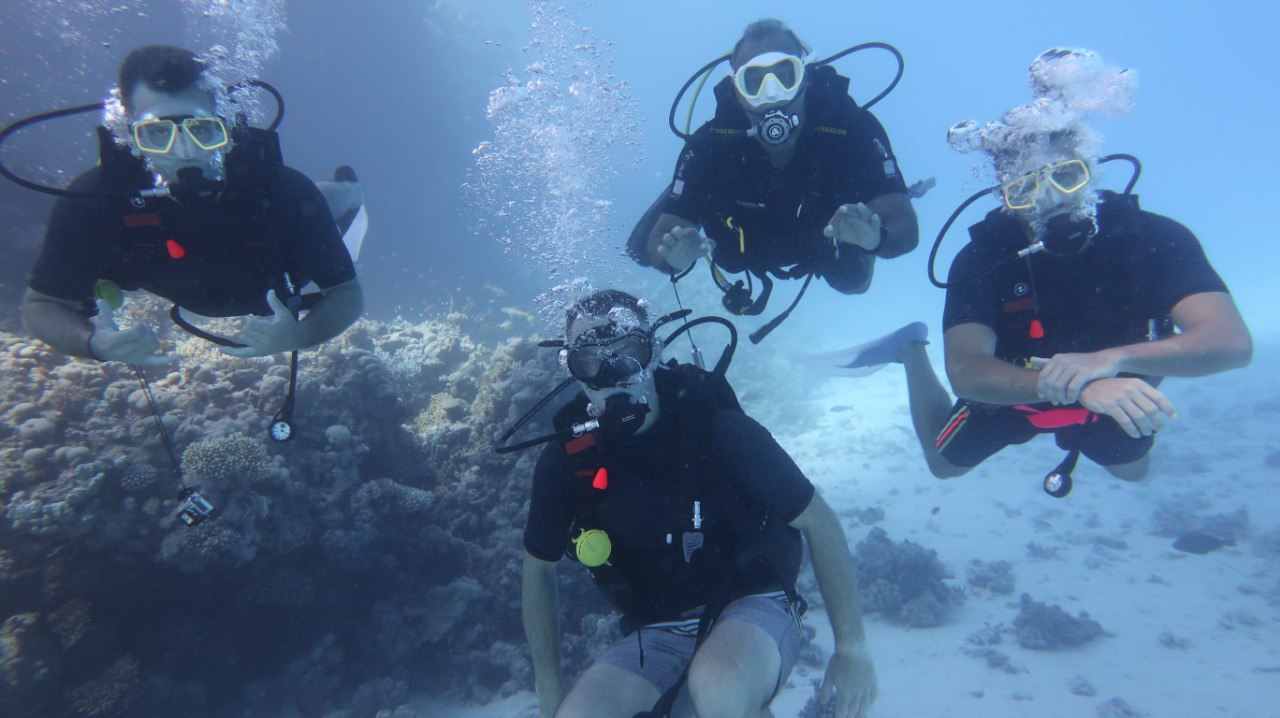The Ultimate Guide to Scuba Diving Certification
Are you captivated by the mesmerizing beauty of the underwater world? Do you dream of exploring vibrant coral reefs, encountering diverse marine life, and immersing yourself in an entirely different realm? Scuba diving opens up a world of adventure and discovery like no other, but before you plunge into the depths, there’s a crucial step you must take: obtaining your scuba diving certification. In this ultimate guide, we’ll explore why scuba diving certification is so important and how to embark on this thrilling journey safely and responsibly.
What is Scuba Diving Certification
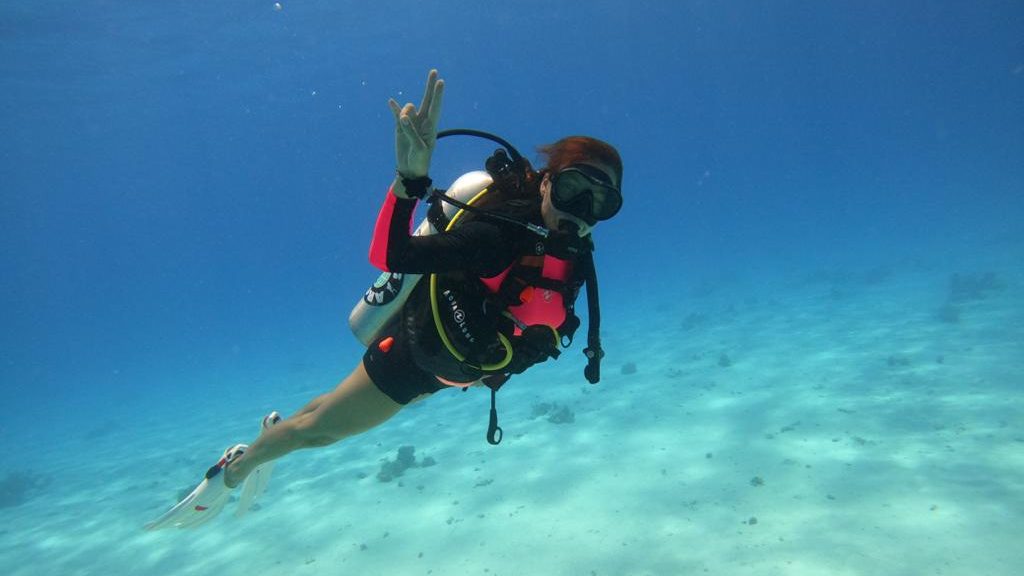
Scuba diving certification is a process through which aspiring divers learn the necessary knowledge and skills to dive safely in open water. It involves training with a certified scuba instructor who will guide you through essential theoretical concepts, practical skills, and safety procedures. The certification process is designed to prepare you for the challenges and wonders of the underwater world.
Safety First: The Importance of Scuba Diving Certification
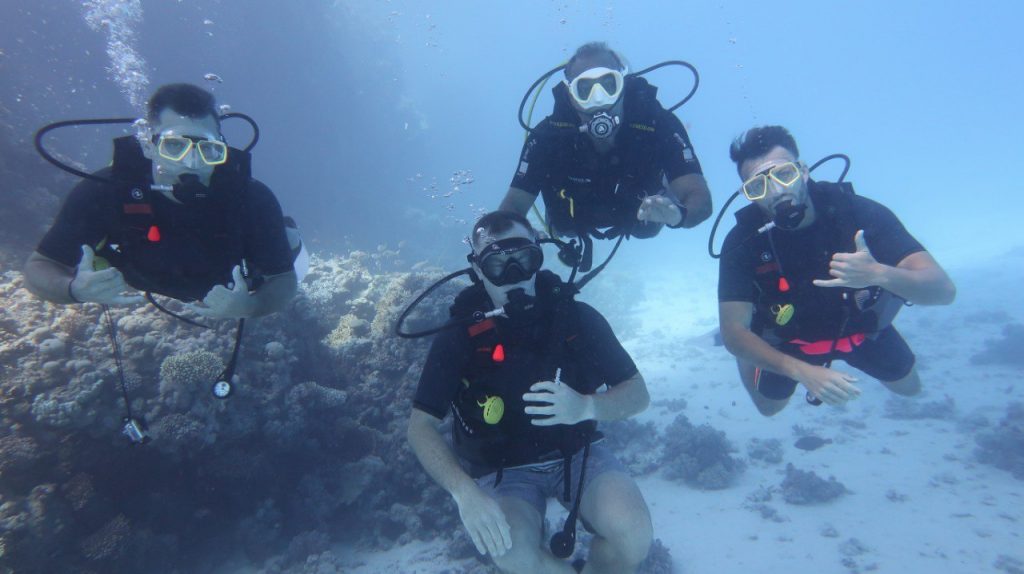
Risk Mitigation:
Scuba diving is an exhilarating experience, but it also comes with inherent risks. Underwater environments can be unpredictable, and potential hazards can arise unexpectedly. Scuba diving certification equips you with the knowledge and training to identify and manage risks, reducing the likelihood of accidents.
Understanding Equipment:
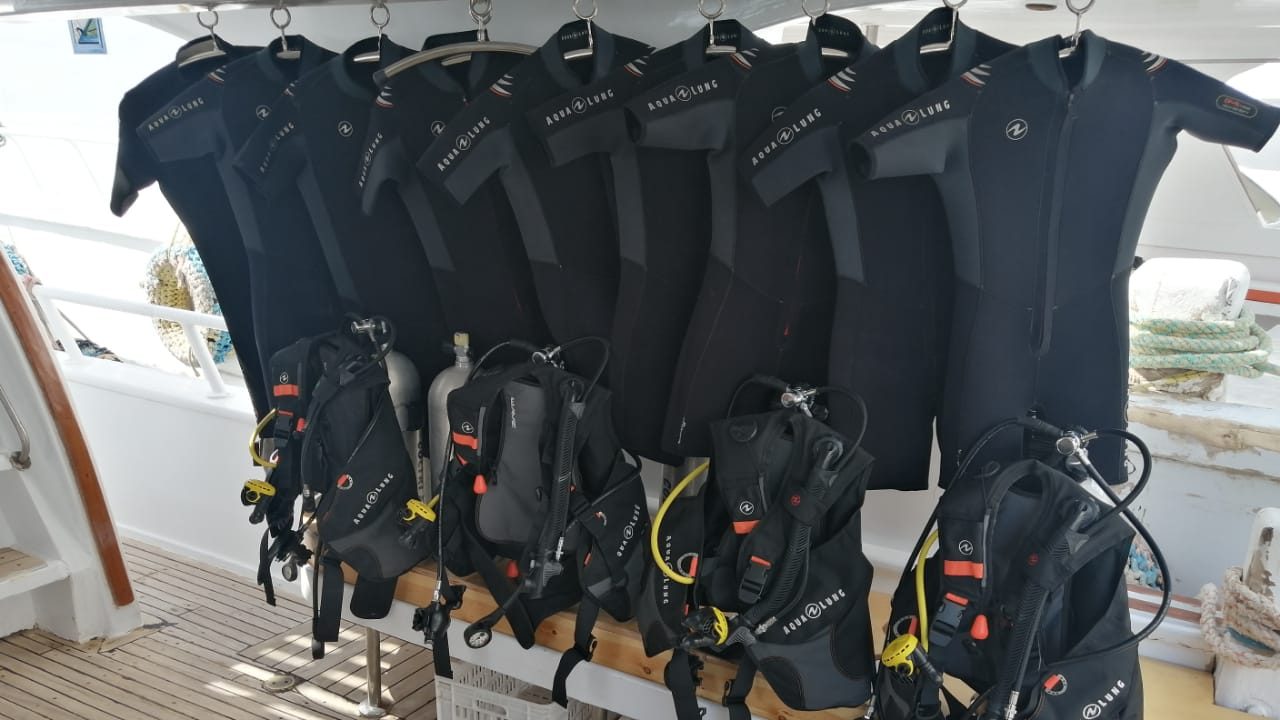
Scuba diving involves complex equipment, including tanks, regulators, buoyancy control devices, and more. Knowing how to set up, use, and maintain this equipment properly is critical for a safe and enjoyable dive. Certification ensures you comprehend the intricacies of your gear.
Buddy System and Communication:
Scuba diving is often done in pairs or groups to enhance safety. Certification teaches you the buddy system, which involves constant communication and assistance with your dive partner. Knowing how to communicate underwater is vital for sharing information and signaling potential issues.
Emergency Preparedness:
While rare, emergencies can occur underwater. Certification courses emphasize emergency procedures, such as handling equipment malfunctions, ascending safely, and providing aid to a distressed diver. These skills can save lives in critical situations.
Environmental Awareness:
Responsible diving goes beyond personal safety. Certification educates divers about the fragility of marine ecosystems and the importance of protecting them. Proper buoyancy control and not touching or damaging marine life are essential aspects of being an eco-conscious diver.
How to Get Certified
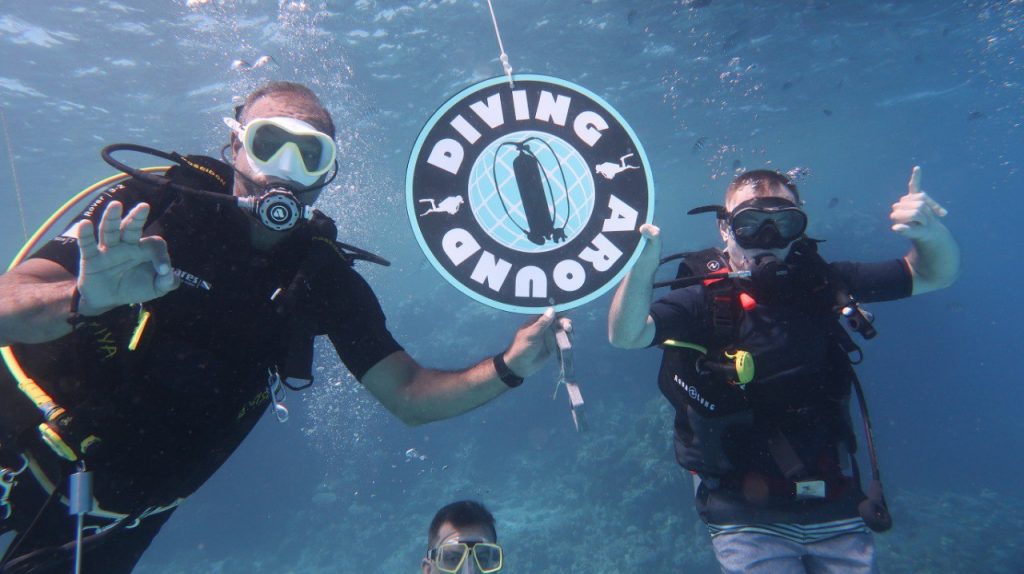
Find a Reputable Dive Center: Look for dive centers or schools accredited by reputable diving organizations such as PADI (Professional Association of Diving Instructors), SSI (Scuba Schools International), or NAUI (National Association of Underwater Instructors). These organizations adhere to high standards of training and safety.
The Best Diving Centers In Hurghada: How To Choose The Perfect One For Your Dive Experience
Choose the Right Course:
Dive centers offer various certification levels, starting with entry-level courses like the Open Water Diver certification. Select a course that fits your skill level and diving aspirations.
How To Start Learning Diving In Hurghada With Diving Around
Classroom Learning:
The certification process typically begins with theoretical lessons. You’ll learn about dive physics, decompression theory, marine life, and safety protocols. This knowledge is vital for understanding the principles of scuba diving.
Pool or Confined Water Training:
After the classroom sessions, you’ll practice essential scuba skills in a controlled environment like a pool. Here, you’ll become proficient in tasks such as mask clearing, buoyancy control, and regulator retrieval.
Open Water Dives:
The final step involves completing a series of open water dives under the supervision of your instructor. These dives provide the opportunity to apply the skills you’ve learned while experiencing the wonders of the underwater world.
Discover Our Amazing Last Diving Trip In Hurghada With Diving Around
Certification and Beyond:
Upon successfully completing all course requirements, you’ll receive your scuba diving certification card, allowing you to dive independently. Additionally, you can continue your diving education by pursuing advanced courses to enhance your skills and explore new diving opportunities.
Conclusion
Scuba diving is a truly transformative experience, and obtaining your scuba diving certification is the gateway to a lifetime of underwater exploration. Beyond the thrill and adventure, certification is essential for your safety and the protection of marine ecosystems. By enrolling in a reputable dive center and committing to the training process, you’ll gain the knowledge and skills needed to embark on unforgettable diving adventures while respecting and preserving the beauty of the underwater world. So take the plunge, get certified, and dive into a whole new world of wonder!
